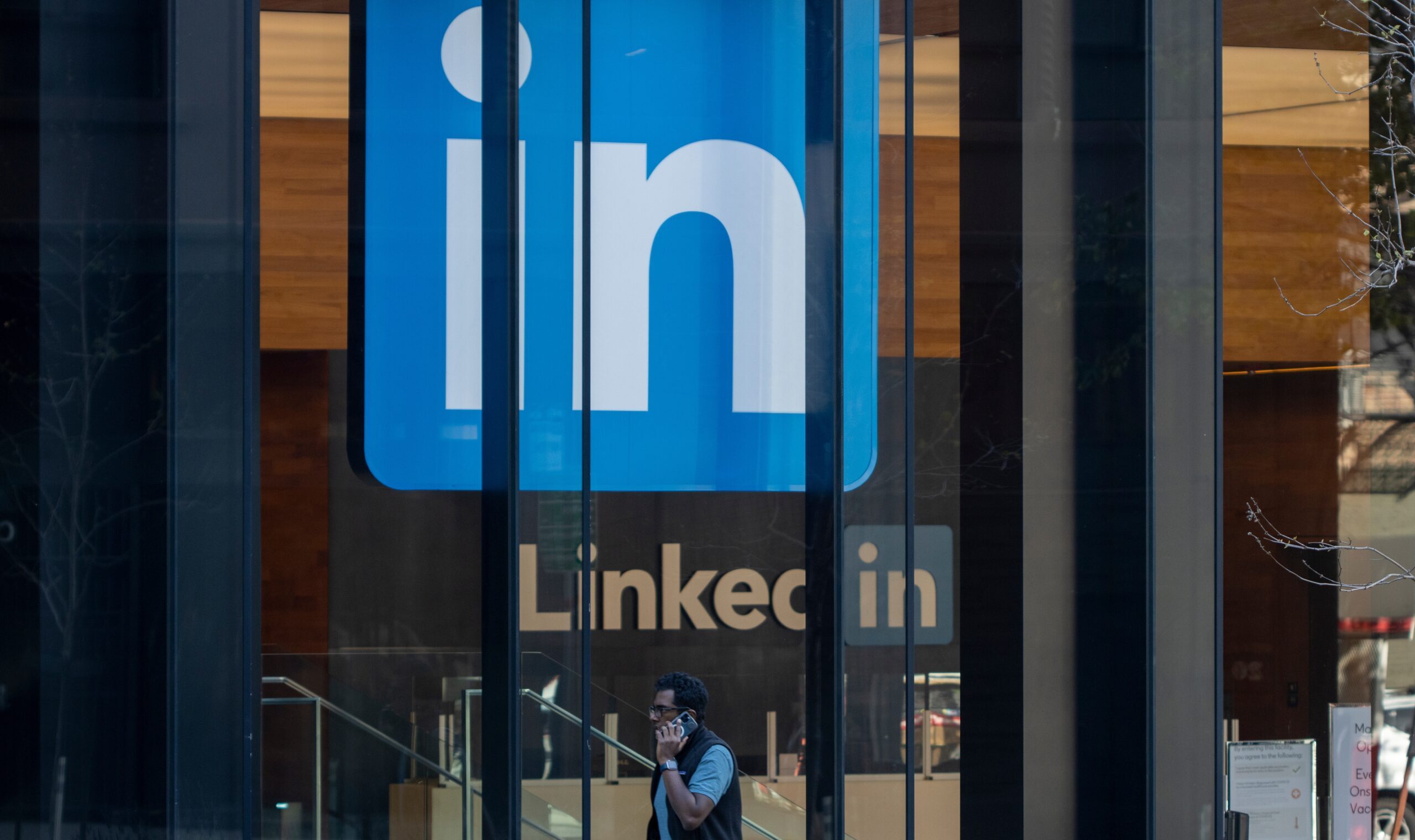And Now We Present… Me!
American superficiality is drawing on deep wells.

The cover of my 1959 paperback edition of Erving Goffman’s classic Presentation of Self in Everyday Life sports a photo of what I believe to be Christine Jorgensen and two female impersonators. It’s impossible to know, of course, if the two other figures in the picture are merely transvestites or, like Jorgensen, underwent surgery to change their sex. You can be reasonably sure, in either case, that more recent editions of the book will not have any such covers.
And to be fair, in some regards, these days we’re all in drag. We’re encouraged to concoct an image of ourselves and how we want to “present” to the public. Each of us, especially as we advance in the world of work, must have a “personal brand.” These days branding “isn’t just for companies,” a “director of content strategy” at Northeastern University grad school tells us. Personal branding is now “an essential aspect of professional life.” MBA programs offer courses in how to develop your personal brand. The CEO of a consulting firm who suggests hiring a “personal branding professional” to help in this journey of self-discovery offers 5 C’s of personal branding. Another expert gives us 5 P’s. Yet another provides 5 A’s.
To develop your personal brand, you need to “figure out who you are,” which might take some effort. “Be introspective.” Ask yourself, “What motivates me?” Once you’ve answered such questions, you need to “believe in yourself,” or at least in this mental and social construct you have settled on. Only then can the rest of the world accept you for who you are, or at least for who you say you are.
What you choose to do with your life is, of course, wrapped up in who you have decided you are. And it’s only after you’ve settled on who you are and how you want others to see you that you can rise in the world of work. You must “follow your bliss,” as Joseph Campbell would say.
If all this begins to sound like the yoga instructor who says, “you be you,” this should come as no surprise. Make Your Own Job: How the Entrepreneurial Work Ethic Exhausted America, published earlier this year by Harvard University Press, traces the connections between the “personal growth” and “self-help” ideologies, and what the author sees as their unholy alliance with American capitalism. Building on Goffman and others, author Erik Baker traces this “intellectual moonshine,” as Drew Calvert in Commonweal calls it, back to the New Thought movement of the Gilded Age. Then, in time, came Dale Carnegie, Napoleon Hill, and Norman Vincent Peale, who performed one of Donald Trump’s weddings. It remains with us today, Calvert writes, in the form “of personal-growth seminars, advice podcasts, and the bright, encouraging schlock filling space in airport bookstores.” All of these help us “find ourselves.”
A kind of Gnosticism seems to be operating here—this now deeply ingrained belief that we all have this real, yet hidden, “true self,” and the meaningful life is one of finding that “self” and embracing it. We have come to accept this as a matter of faith, and in a consumerist culture that prizes “choice” above almost everything else, we not only find this real self, we can also choose it—and the pronouns by which this real self is to be identified. It is no longer a matter of who we are but of who we “identify as.”
Or we can just fake it, gambling on where we think there is advantage to be gained. George W. Bush faked it, and not especially well. This child of wealth and position—grandson of a U.S. senator and son of a president—“had to decide to be a regular guy,” Thomas de Zengotita wrote in his 2005 book Mediated: How the Media Shapes Your World and the Way You Live In It. This was a “lifestyle option.” When W. played “his role as protector of the ‘Merican people,” he was performing, striking
Subscribe Today
Get daily emails in your inbox
the postures of Texas manliness—the arms held out from his body, fist side forward, swinging as he strides, and all the rest. That was how he decided to distinguish himself from patrician Easterners back home, people among whom he failed so utterly to be otherwise distinguished, coasting through those intimidating schools, clowning…at the club.]
Everybody does it, high and low, sons of Kennebunkport and the people who work on their cars. For those who actually have to get jobs, the self-help ideology that Baker describes constitutes “the rot festering at the core of” our economic system, requiring an unhealthy psychological investment in the work we do. And this ideology is no longer limited to our professional lives, if it ever was. Personal branding, for those with sufficient means, extends to all areas of our lives, including our gender. When, half a century ago, Rose and Milton Friedman told us we are Free to Choose, I’m not sure this was what they had in mind.